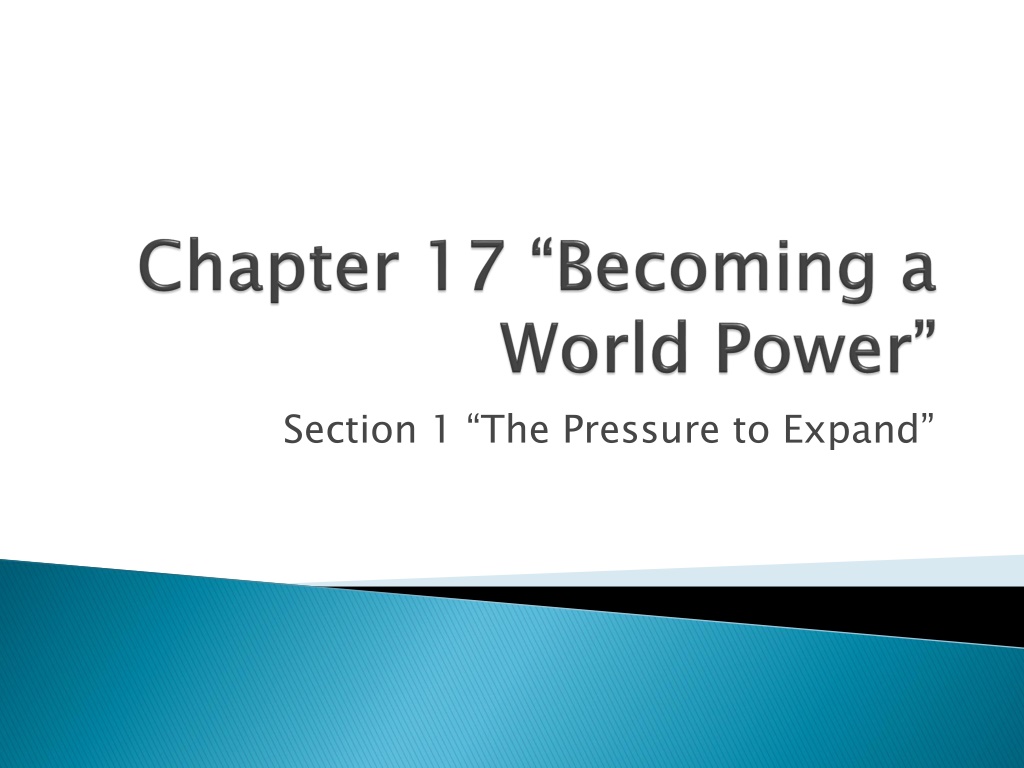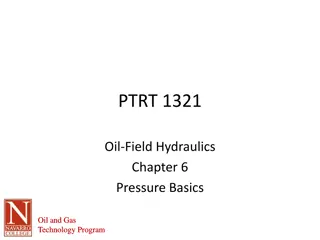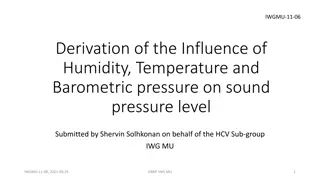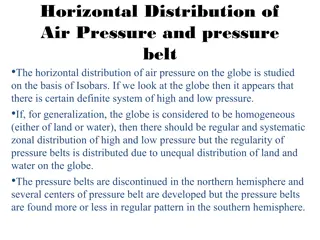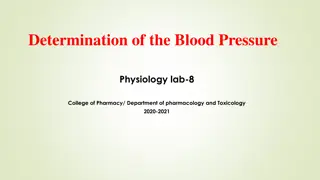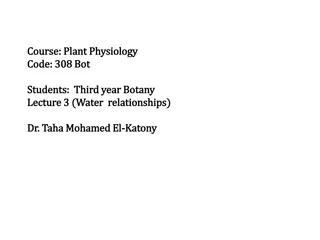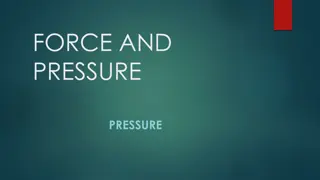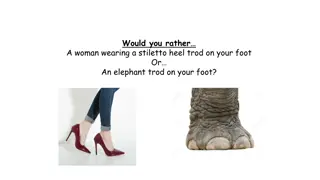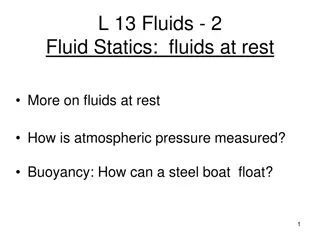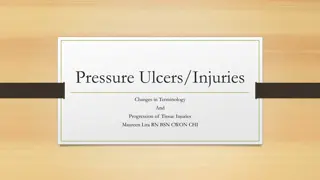Pressure to Expand: Factors and Impacts
This content explores the pressure for expansion in the late 1800s, covering economic, nationalistic, military, and humanitarian factors that drove imperialism. It delves into the growth of U.S. interests abroad, arguments for expansion, and the application of the Monroe Doctrine in foreign policy. The impact of European imperialism on U.S. foreign policy attitudes is also analyzed.
Uploaded on Feb 25, 2025 | 0 Views
Download Presentation

Please find below an Image/Link to download the presentation.
The content on the website is provided AS IS for your information and personal use only. It may not be sold, licensed, or shared on other websites without obtaining consent from the author.If you encounter any issues during the download, it is possible that the publisher has removed the file from their server.
You are allowed to download the files provided on this website for personal or commercial use, subject to the condition that they are used lawfully. All files are the property of their respective owners.
The content on the website is provided AS IS for your information and personal use only. It may not be sold, licensed, or shared on other websites without obtaining consent from the author.
E N D
Presentation Transcript
Imperialism Nationalism Annex Banana republic
1) Economic Factors Increased Need for Natural Resources New markets 2) Nationalistic Factors Grew stronger Protect interests 3) Military Factors New technology 4) Humanitarian Factors Duty to spread Western culture
Improved communication & transportation Extend to distant lands Competition
Monroe Doctrine-main principle of foreign policy Western Hemisphere Manifest Destiny Alaska, Hawaii added U.S. played active role in Latin America
Promoting Economic Growth Chief argument New markets needed Protecting American Security Grow if the U.S. Navy Preserving American Spirit Spread American ideas (democracy Social Darwinism Americans support Expansionism Favorable trade relations
1. imperialism around the world? 2. In what ways did the U.S. begin to expand its interests abroad in the late 1800s? 3. What arguments were made in favor of U.S. expansion in the 1890s? What factors led to the growth of
4. How did the U.S. apply the Monroe Doctrine to its foreign policy throughout the 1800s? 5. What effect did the growth of European imperialism have on United States attitudes toward foreign policy and expansion?
A) control weaker nations. B) avoid contact with the outside world C) prevent immigration. D) decrease the size of their militaries.
A) The Monroe Doctrine was broadened to justify American imperialism in the Western Hemisphere. B) The Monroe Doctrine explicitly prohibited imperialism of any kind. C) The Monroe Doctrine established the right of America to take sides in European wars. D) The Monroe Doctrine was not a factor in American imperialism.
A) it helped to stabilize the American economy. B) raw materials were needed for U.S. factories. C) western culture was superior to "heathen" cultures around the world. D) it helped to spread Darwin's ideas about natural selection.
A) the shortage of manufactured products B) the military threat from groups of smaller nations C) the need for natural resources D) the desire to learn from the cultures of other nations
A) The name of a popular clothing brand founded in the mid-1800s. B) The American practice of establishing banana crops on annexed island nations. C) The Central American nations with economies and governments dominated by U.S. businesses. D) The low prices, or "bananas," that Americans paid for new territory in the 1800s.
The growth of industry in Europe created an increased need for natural resources, such as rubber and petroleum, which came from undeveloped areas of the world.
Improved transportation and communication made it easier for Great Britain, France, and Russia, all with long imperialist traditions, to extend their grip over far-flung lands.
As early as the 1820s, the Emancipation Proclamation had been the main principle of foreign policy in the United States.
